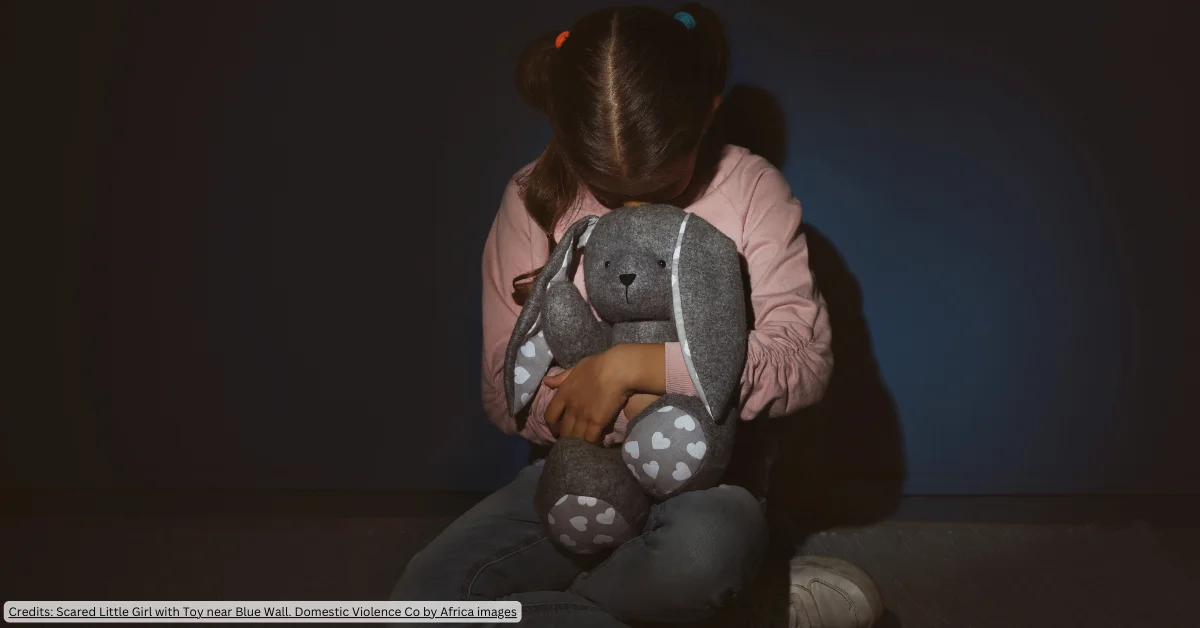More support and resources on death, dying and palliative care are needed for people living with disabilities, a new nationwide survey has revealed.
The new research, released today on International Day of People with Disability, shows that 72% of Australians either agree or strongly agree that people living with disabilities need more help and support when it comes to palliative care, death and loss.
The national survey of 1000 Australians between the ages of 18 to 65 years also showed that 61% of Australians believe it’s important or very important for people living with a disability to understand the topic of death and dying. Meanwhile, 43% of respondents said they are either comfortable or extremely comfortable talking about death or dying with a person living with a disability
“One of our key missions is to help people live, die and grieve well and part of doing that is to empower them with resources and information in a form and approach that works for them. Our goal is that we move away from the fear of talking about death and dying,” said CEO of Palliative Care Victoria, Violet Platt.
“There’s a lot of stigma that comes with death and dying and because we don’t talk about it, it can often become a hard conversation to have. Death affects us all – we need to talk more openly about it and provide support to all communities, including those that are living with a disability to help them better understand death, loss and palliative care,” Platt said.
The survey also reveals that while respondents believe it’s important for people with a disability to understand death and dying, just over half of Australians also believe that people living with a disability should not be exposed to death and dying.
“I can understand why we’ve had this result and why Australians would feel this way. It’s not uncommon for people to feel like they must protect those with disabilities from life’s losses and disappointments. It’s done with the best intentions, but it can be detrimental at the same time,” Platt said.
“The good news is that you don’t have to navigate those challenging discussions on your own. There are health professionals and case workers you can lean on for help and support. We also have easy- to-read and easy-to-digest tools and resources available to help people have those difficult conversations,” she said.
Resources launched
The release of the new survey coincides with the launch of Palliative Care Victoria’s new resources for people living with a disability, which were created in collaboration with VALID (Victorian Advocacy League for Individuals with a Disability) and the Department of Health and Human Services.
The free-to-download resources, available on the Palliative Care Victoria website, comprise a range of useful booklets including: “Loss of a Loved Pet”, “Loss of a Loved One”, “Let’s Talk about Palliative Care”, “When Someone Dies.” and “Let’s talk about death”.
“There’s not a great deal of resources out there on death and dying for people living with a disability. Many carers, support workers as well as family members require information to support people with a disability going through loss and grief,” said VALID Self Advocacy Project Worker, Anthony Risoli.
“It’s important to talk about death and dying. I know it’s a hard thing to discuss, but for someone living with a disability, it can often be difficult for them to understand why someone in their life has suddenly left. It’s a terribly confusing time and they need to be able to talk to someone they trust,” he said.
Paulo Rizal is a content producer for Third Sector news. He has working experience in journalism, SEO, and social media marketing.
- Paulo Rizalhttps://thirdsector.com.au/author/paulo-rizalakolade-co/
- Paulo Rizalhttps://thirdsector.com.au/author/paulo-rizalakolade-co/
- Paulo Rizalhttps://thirdsector.com.au/author/paulo-rizalakolade-co/
- Paulo Rizalhttps://thirdsector.com.au/author/paulo-rizalakolade-co/











